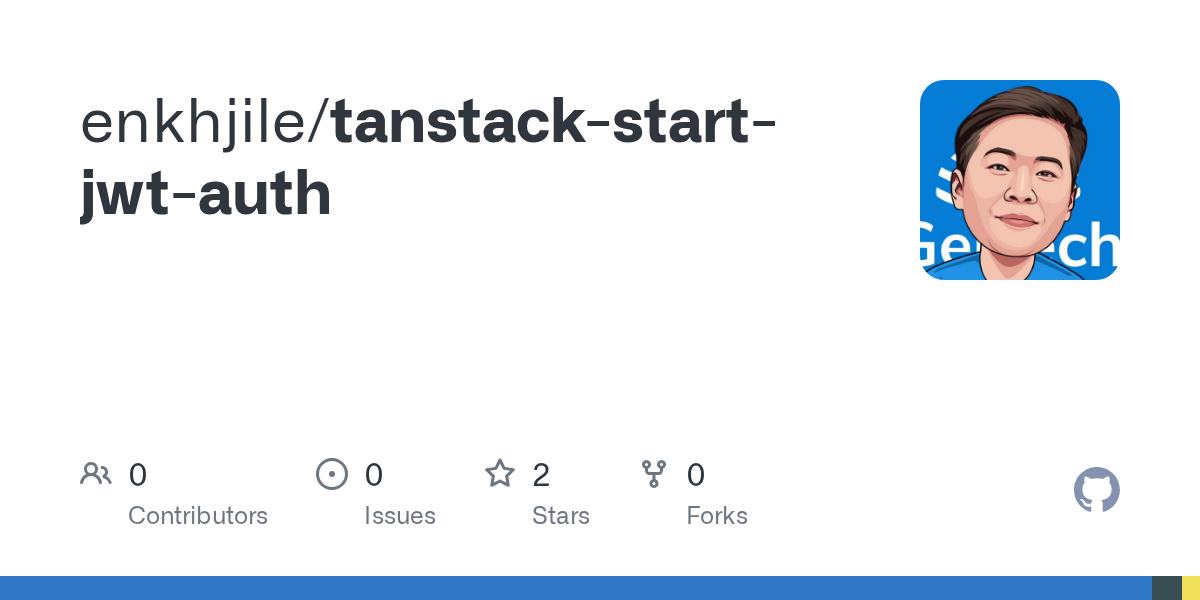External Backend JWT Authentication
I am developing a React application with Tanstack Start that works with an external backend. This backend provides access/refresh token for authentication. I am looking for a way to implement this authentication structure with Tanstack Start. Is there an example on this topic? Or can you give me some ideas on how to proceed?


